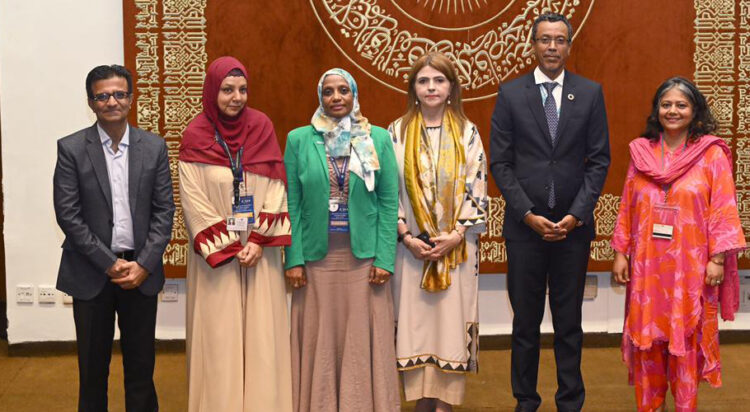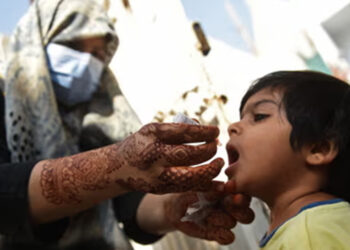KARACHI: The Department of Community Health Sciences (CHS) at Aga Khan University has initiated a three-day conference focused on addressing adolescent health concerns.
This conference, entitled “Healthy Futures: Preventing Non-Communicable Diseases (NCDs) in Young Hearts and Minds,” brings together experts from the World Health Organization (WHO) and the United Nations Children’s Emergency Fund (UNICEF) to delve into pressing issues including screen time, obesity, substance abuse, mental health, sedentary lifestyles, educational strategies, and innovative lifestyle interventions.
Dr. Fouzia Khan, Chief Executive Advisor of the School Education Department, Government of Sindh, highlighted the necessity of concerted efforts from parents, educators, and societal institutions to foster healthy lifestyles among youth. The event features research presentations, panel discussions, and various activities fostering dialogue among academics, healthcare professionals, and educators.
Dr. Lamia Mehmud of WHO emphasized the importance of collaborative efforts between health institutions, local governments, and community leaders in reaching young people. The conference underscores the urgency of prioritizing adolescent health to combat NCDs, which account for a significant portion of disability and mortality among youth in the Eastern Mediterranean Region.
In addition to scholarly discourse, the conference offers interactive sessions for young attendees to learn about NCDs and how lifestyle changes can enhance their well-being. Abdullah A. Fadil, UNICEF’s representative in Pakistan, stressed the need for holistic approaches involving parents, educators, and adolescents themselves to address the rising incidence of NCD-related deaths among youth.
To combat NCDs, individuals and educational institutions are urged to promote physical activity, healthy eating habits, mental health services, and environmental consciousness. Dr. Romaina Iqbal from CHS emphasized the pivotal role of adolescence in shaping lifelong habits and affirmed the university’s commitment to educating youth about healthy lifestyles.
Prof. Zainab Samad, Chair of the Department of Medicine, emphasized the importance of preventive measures, advocating for lifestyle modifications to mitigate the risk factors associated with NCDs in the Pakistani population. The conference calls for concerted action from policymakers, scientists, and communities to address the multifaceted challenges posed by NCDs and foster a culture of health and well-being among adolescents.




































